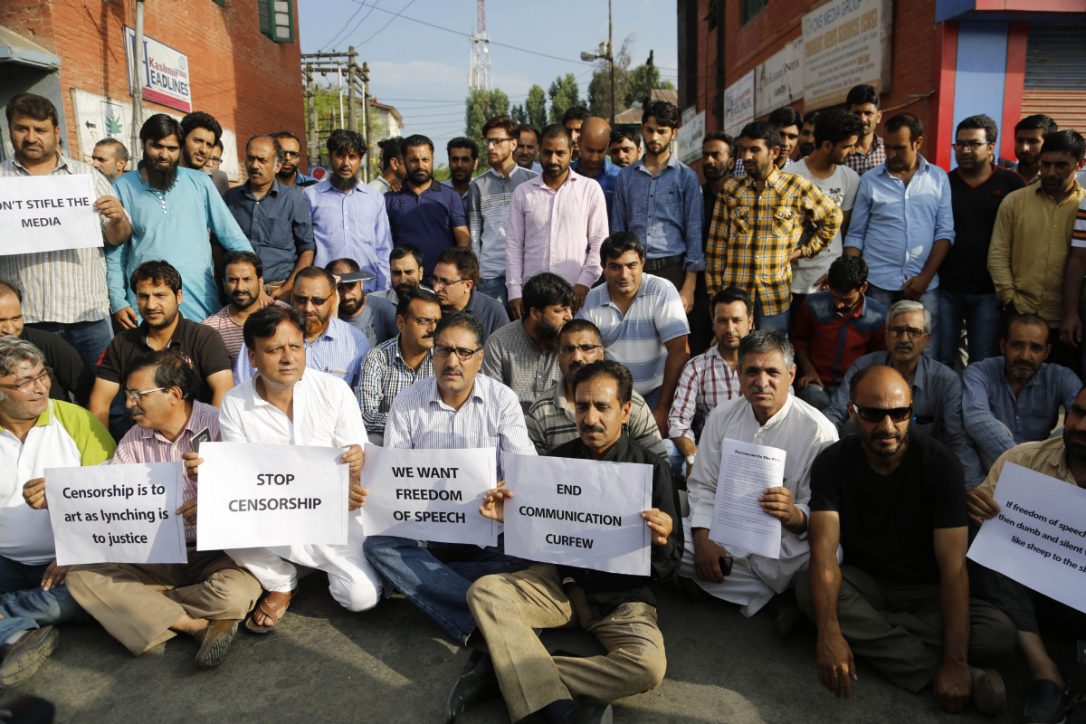
SRINAGAR: The recent annual state awards given to many persons in Jammu and Kashmir state for their contribution in different fields of life has triggered a debate whether these awards should be given back by them as a mark of protest for the failure of the authorities to ban pellet guns.
Will the surrendering of awards by all those Kashmiris who have received them for the past so many years in recognition of their contribution, pressurize the government at least to stop the use of pellet guns in the Valley? Teenage girls and boys were blinded in 2016 by pellet guns and their stories of struggle to come to terms with this are still headlines in the local media.
Intellectuals of repute in the country surrendered earlier awards, and became part of a campaign against what they perceived as a threat to institutions and democracy. It created an impact and built public opinion against the saffronisation of the creative arts. Kashmir, as a result, is debating whether those from the creative field should follow and return their awards to the state government demanding a complete ban on pellet guns.
The state awards here are also conferred on journalists for their contribution in this field. This despite the fact that honest reporting has often provoked a crackdown on journalists and newspapers. Recently, a local newspaper Kashmir Reader was banned by the government for several months, claiming it was responsible for inciting violence.
Similarly, when people started uploading videos of excessive use of force against common Kashmiris, mobile internet services were banned for several months. Journalists were interrogated for uploading videos which the government said were objectionable, and were harassed by intelligence agencies during the unrest. Local television networks were also banned by the CM.
The acceptance of these awards by local journalists has its own meaning and connotations for the common people especially the youngsters. They feel that this is the reward for collaboration, with teenagers suspicious of what is seen as the growing affinity between the press and the government.
Should people of prominence, including journalists accept the awards and rewards from the government that has not acted to strengthen the freedom of the press?
Kashmir society is at the cross roads of this internal conflict which is brewing within. Even as fingers are pointed by some sections at the ‘awardees’ for being collaborators, there are many voices who plead that the acceptance of awards from the government does not compromise the integrity of the individual. And prefer to go with the argument that so long as there is a government there will be awards.
What should the journalists do in Kashmir when they are awarded for ‘excellence’ in journalism by the government of the day. The young people here believe that the real award for a journalist in the Valley is indicated by the number of FIR’s against him for reporting the truth. Most of them share the view that the government awards a scribe only if he or she has compromised the integrity of the profession.
It is very difficult to make any judgment but clearly the issue needs to be debated. Should we leave it to the conscience of the individual who has been conferred the award to keep it or reject it? And not bring them under undue pressure despite the fact that the new norm in Kashmir seems to be defined by the young generation that not just questions everything, but is very vocal about its views.

